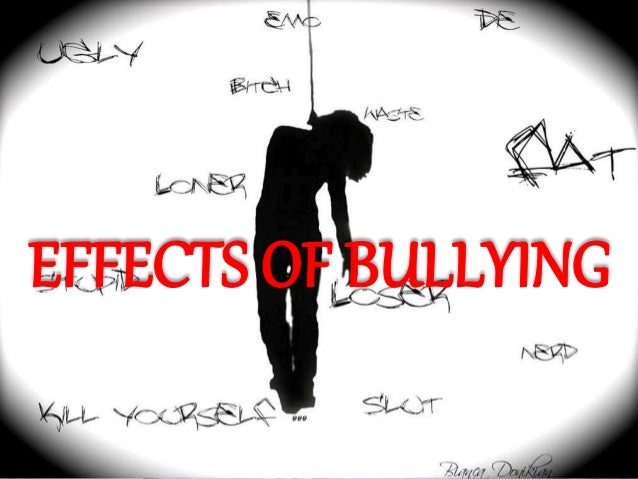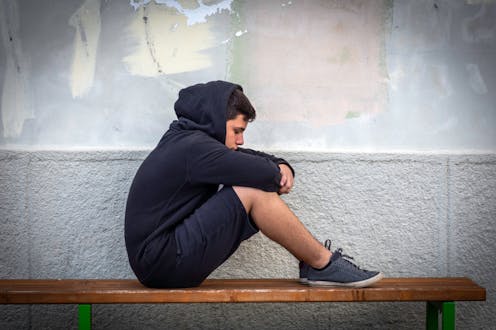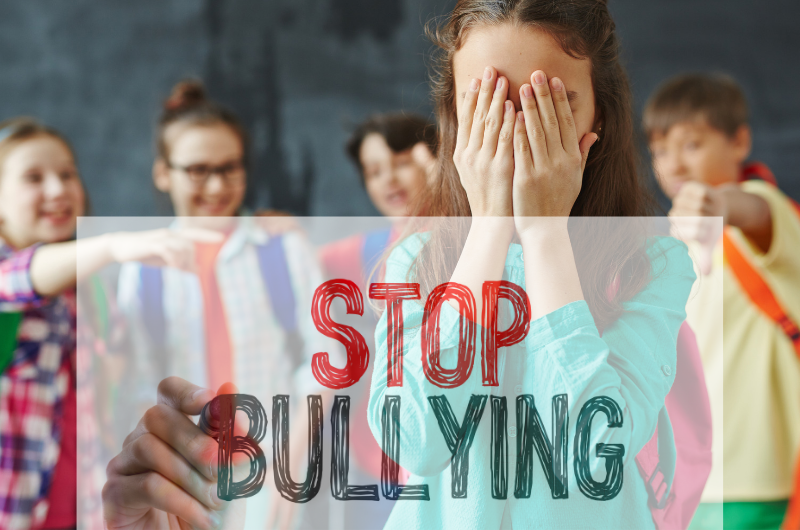
Bullying can affect everyone—those who are bullied, those who bully, and those who witness bullying. Bullying is linked to many negative outcomes including impacts on mental health, substance use, and suicide. It is important to talk to kids to determine whether bullying—or something else—is a concern.
*Kids Who are Bullied*
Kids who are bullied can experience negative physical, school, and mental health issues. Kids who are bullied are more likely to experience:
- Depression and anxiety, increased feelings of sadness and loneliness, changes in sleep and eating patterns, and loss of interest in activities they used to enjoy. These issues may persist into adulthood.
- Health complaints
- Decreased academic achievement—GPA and standardized test scores—and school participation. They are more likely to miss, skip, or drop out of school.
A very small number of bullied children might retaliate through extremely violent measures. In 12 of 15 school shooting cases in the 1990s, the shooters had a history of being bullied.
*Kids Who Bully Others*
Kids who bully others can also engage in violent and other risky behaviors into adulthood. Kids who bully are more likely to:
- Abuse alcohol and other drugs in adolescence and as adults
- Get into fights, vandalize property, and drop out of school
- Engage in early sexual activity
- Have criminal convictions and traffic citations as adults
- Be abusive toward their romantic partners, spouses, or children as adults.

